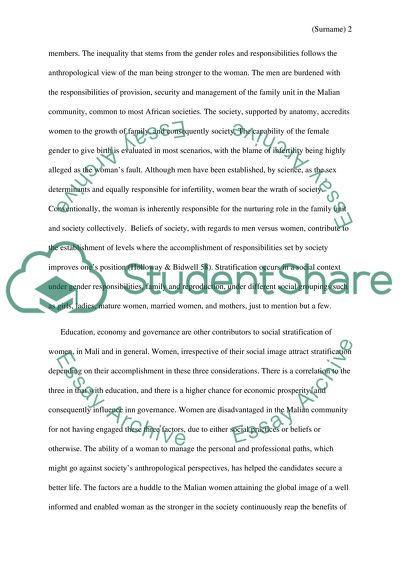Cite this document
(“Monique and the Mango Rains Essay Example | Topics and Well Written Essays - 1250 words - 1”, n.d.)
Monique and the Mango Rains Essay Example | Topics and Well Written Essays - 1250 words - 1. Retrieved from https://studentshare.org/gender-sexual-studies/1666656-essay-assignment-monique-and-the-mango-rains
Monique and the Mango Rains Essay Example | Topics and Well Written Essays - 1250 words - 1. Retrieved from https://studentshare.org/gender-sexual-studies/1666656-essay-assignment-monique-and-the-mango-rains
(Monique and the Mango Rains Essay Example | Topics and Well Written Essays - 1250 Words - 1)
Monique and the Mango Rains Essay Example | Topics and Well Written Essays - 1250 Words - 1. https://studentshare.org/gender-sexual-studies/1666656-essay-assignment-monique-and-the-mango-rains.
Monique and the Mango Rains Essay Example | Topics and Well Written Essays - 1250 Words - 1. https://studentshare.org/gender-sexual-studies/1666656-essay-assignment-monique-and-the-mango-rains.
“Monique and the Mango Rains Essay Example | Topics and Well Written Essays - 1250 Words - 1”, n.d. https://studentshare.org/gender-sexual-studies/1666656-essay-assignment-monique-and-the-mango-rains.


